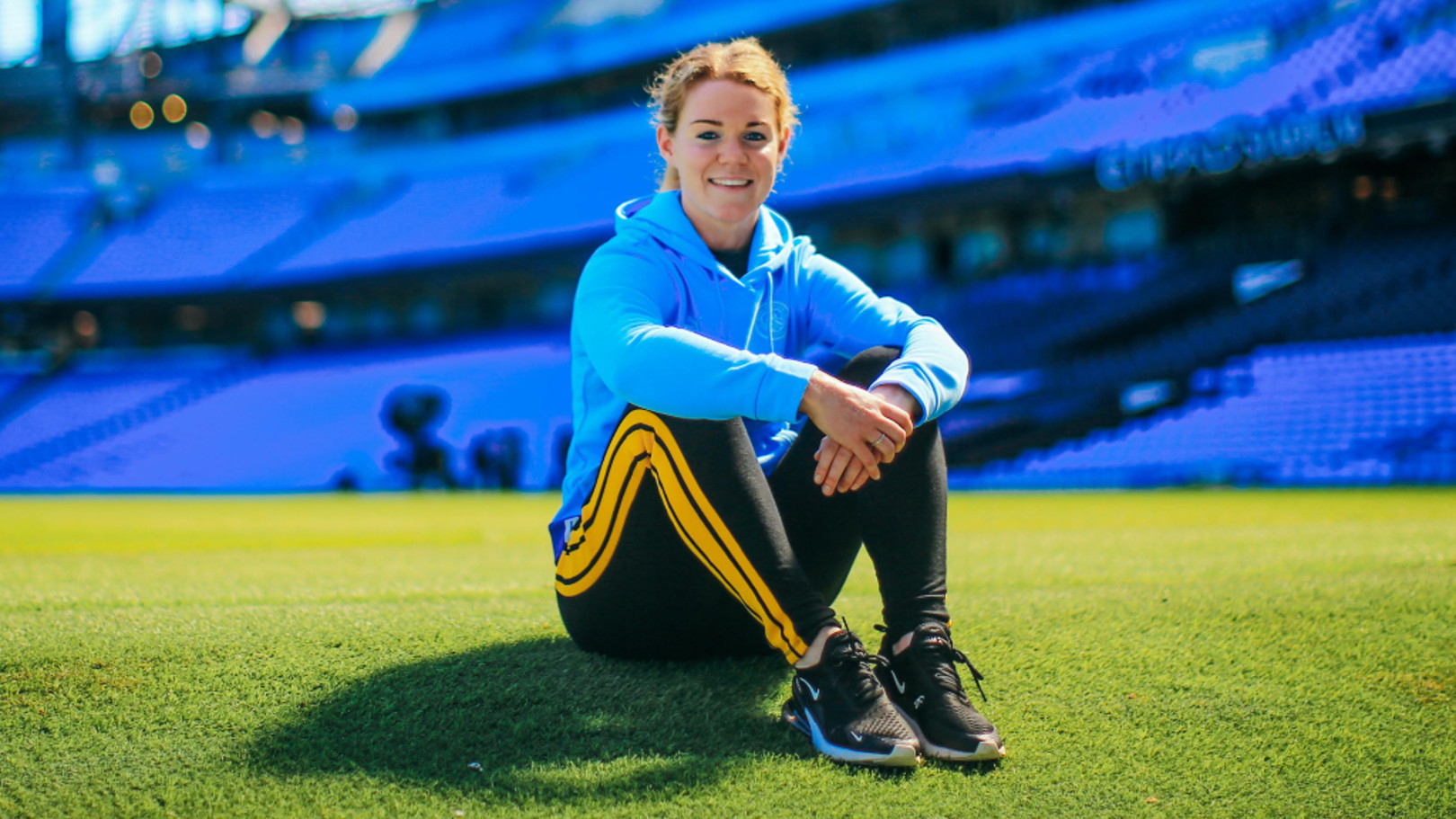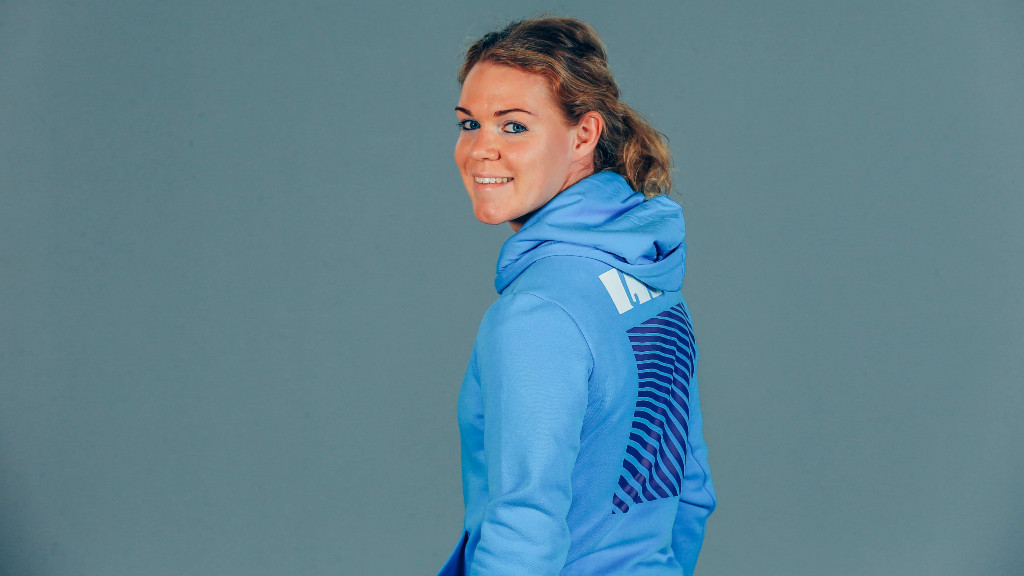It’s a scenario most female players are accustomed to, particularly those of a certain generation - those who were denied participation in the playground games, refused a place on the school team and repeatedly told: “football is not for girls.”
Ask the elder members of any English team of the hardships of their early careers and the majority will share similar tales but thankfully now, with ever-changing social norms, perceptions and barriers are being smashed harder than a Caroline Weir wonderstrike.
With the growth of women’s football in England, aided by increased media coverage, sponsorship and the Lionesses’ recent successes, the FA Women’s Super League is rapidly becoming one of the world’s most exciting competitions, attracting some of the most high-profile stars and a whole new fanbase.
In addition to accomplishing their own dreams of playing the sport they love - at either professional or amateur level - it has been the ambition of every female footballer in the country to ‘leave the shirt in a better place’, ensuring the next generation are able to take advantage of much-improved facilities, coaching and opportunities.
One of those stars is City and England’s Aoife Mannion. Celebrating her 25th birthday today, the defender is young enough to savour the incredible experience of embarking on a career in professional football, but old enough to remember a time when women’s participation in the game was not at all encouraged.
Light-hearted, friendly and highly intelligent, Mannion is deeply passionate about the development of the game.
The likable Lioness takes her role model status very seriously, eager to inspire and guide the way for the next crop of youngsters to shine, and she is delighted to see the fruits of such labour emerging now.
“I hope that my generation will be the last generation of female footballers that had to battle for a bit of respect growing up,” she stated, speaking exclusively to our matchday live show We’re Not Really Here.
“I don’t want younger girls to have to be like: ‘We can play as well by the way and I’m better than you by the way!’
CHECK OUT THE 2020/21 WOMEN’S TRAINING RANGE
“I don’t want them using some of their energy to try and validate themselves - I want them to use their energy to play football and get better. I want that to be a given.
“I think that’s what we’re seeing in the younger players. They’ve got more sass; they’ve got more swag than we have.
“They are more confident and long may that continue so that they don’t have to contend with things that we have - and it’s been so much easier for us than it was for people who are ten years older than us.
“For example, when I first joined Birmingham (as a youngster), Karen Carney was playing. She’s quite a reserved person but she’s definitely someone I was aware of in terms of what she’d achieved.
“She didn’t need to say much for anyone to be aware of her presence. I looked at her as someone who had worn the path from the ‘football generation’ before me.”
Now Mannion is the idol and inspiration.
Though born into a football-loving family in Birmingham of a mother who played for Queens Park Rangers, the defender played purely for enjoyment in her early years without any consideration of a career in football.
Assessing her options as a teenager, she decided on a BSc degree in Economics at the University of Birmingham and went on to gain First Class Honours.
In the meantime, women’s football in England was blossoming with the reformation of the WSL and the Lionesses’ rise.
By the time Mannion graduated University, the stars had aligned for the Brummie to pursue her footballing dream with her beloved childhood club - and she jumped at the chance with both feet!
“Football had never really been a career path,” she admitted. “I went to Uni and Birmingham were semi-professional the the time, training in the evenings.

“The league changed so quickly and by the time I’d finished Uni, we were a fully professional outfit.
“It takes time for everyone on the team to join as full-time players. There was a sticky period where some days we’d train in the mornings and some days, in the evenings.
“It wasn’t until football became my only thing - once I’d re-signed contracts, etc - that I realised: ‘This is my full-time job now.’ I wasn’t aware until it hit me in the face!
“I feel for young players who are trying to follow some sort of academic pursuit - schooling and being a footballer. Women’s football is full-on now and it went to a level where it’s hard to manage both.
“I was lucky to be able to dip my toe in both and now, here I am.”
Economics’ loss is City’s gain!
Happy birthday, Aoife!









